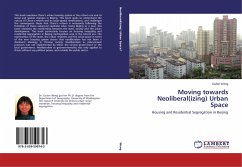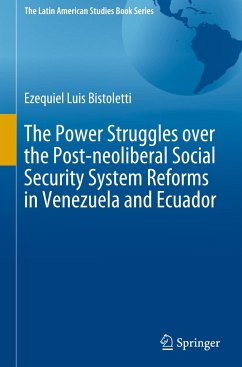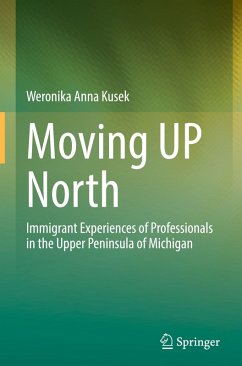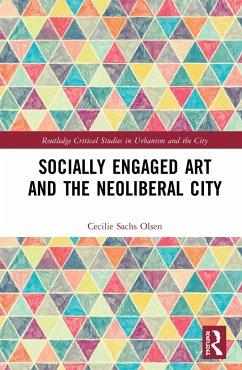
Moving towards Neoliberal(izing) Urban Space
Housing and Residential Segregation in Beijing
Versandkostenfrei!
Versandfertig in 6-10 Tagen
62,99 €
inkl. MwSt.

PAYBACK Punkte
31 °P sammeln!
This book examines China's urban housing system in the reform era and its social and spatial changes in Beijing. This book seeks to understand the nature of China's reform and its socio-spatial ramifications, and challenges the convergence thesis that China's reform is necessarily following the footsteps of those advanced capitalist cities. Using Beijing as a case, this book examines the relationship between the state, society and the urban development. This book particularly focuses on housing inequality and residential segregation in Beijing metropolitan area in the reform era. The examinati...
This book examines China's urban housing system in the reform era and its social and spatial changes in Beijing. This book seeks to understand the nature of China's reform and its socio-spatial ramifications, and challenges the convergence thesis that China's reform is necessarily following the footsteps of those advanced capitalist cities. Using Beijing as a case, this book examines the relationship between the state, society and the urban development. This book particularly focuses on housing inequality and residential segregation in Beijing metropolitan area in the reform era. The examination of the state, the urban residents and the social space in terms of the new housing system shows that neoliberalism has not been a dominant ideology in Chinese society. Neoliberalism as policy-based practices was not implemented by either the central government or the local government. Neoliberalism as geovernmentality was only applied to those without any political power and outside the public sector.












